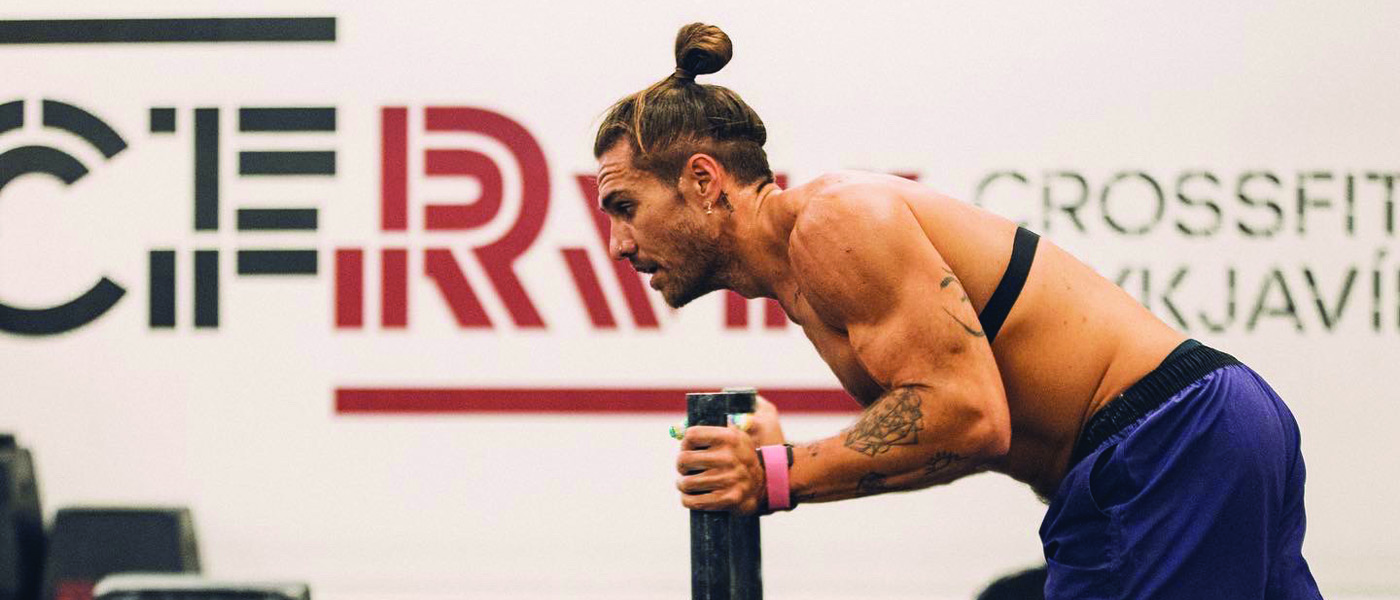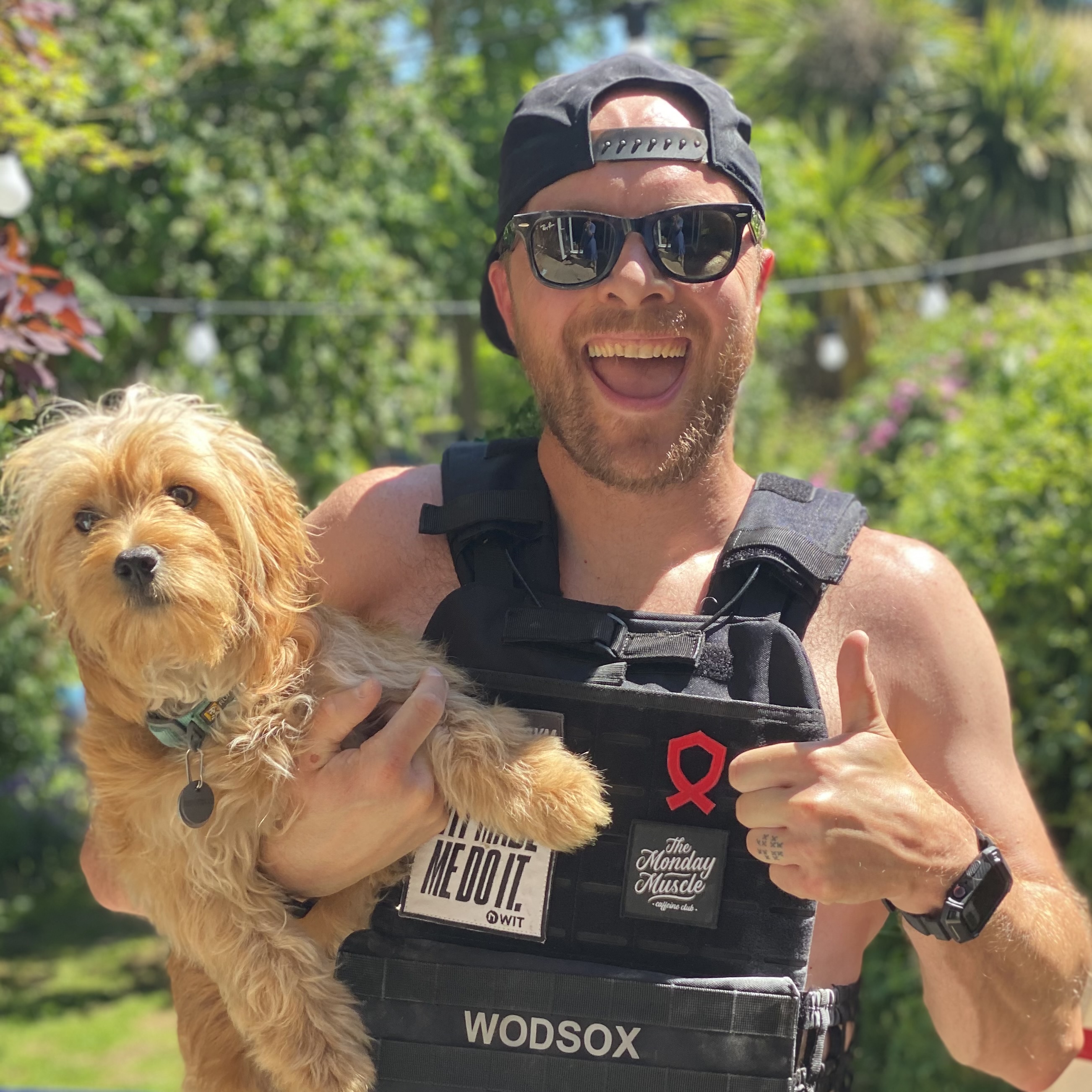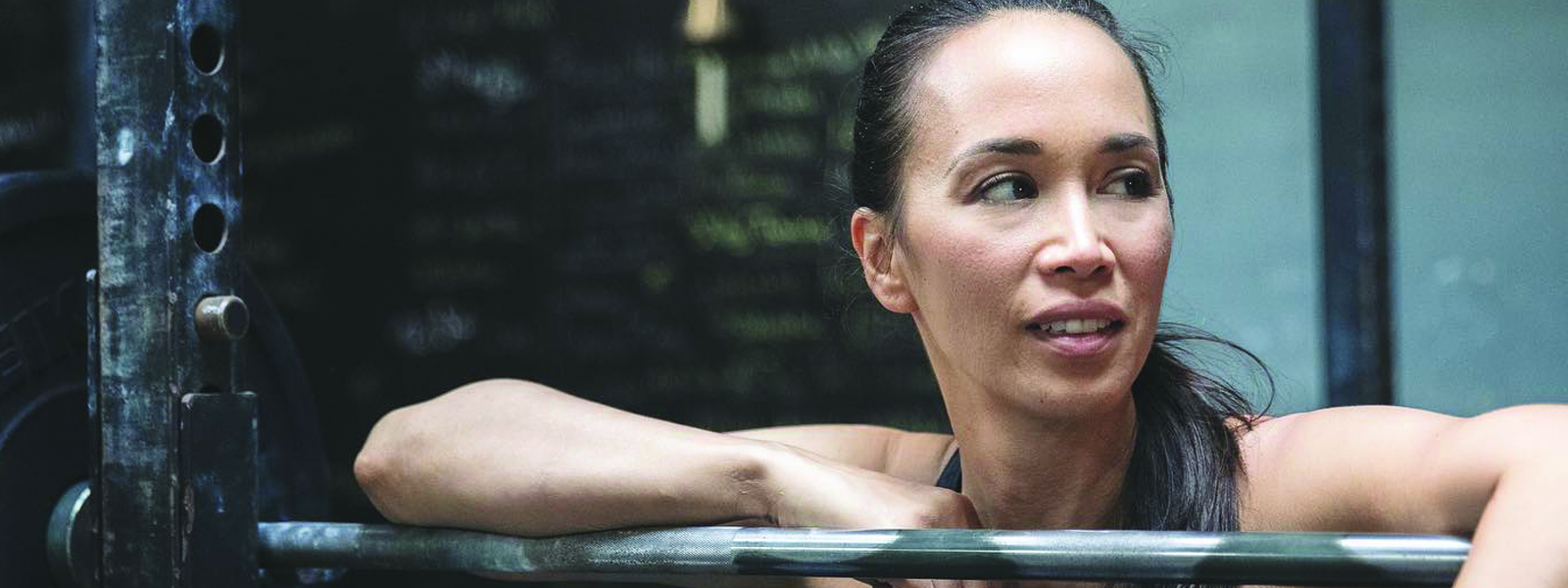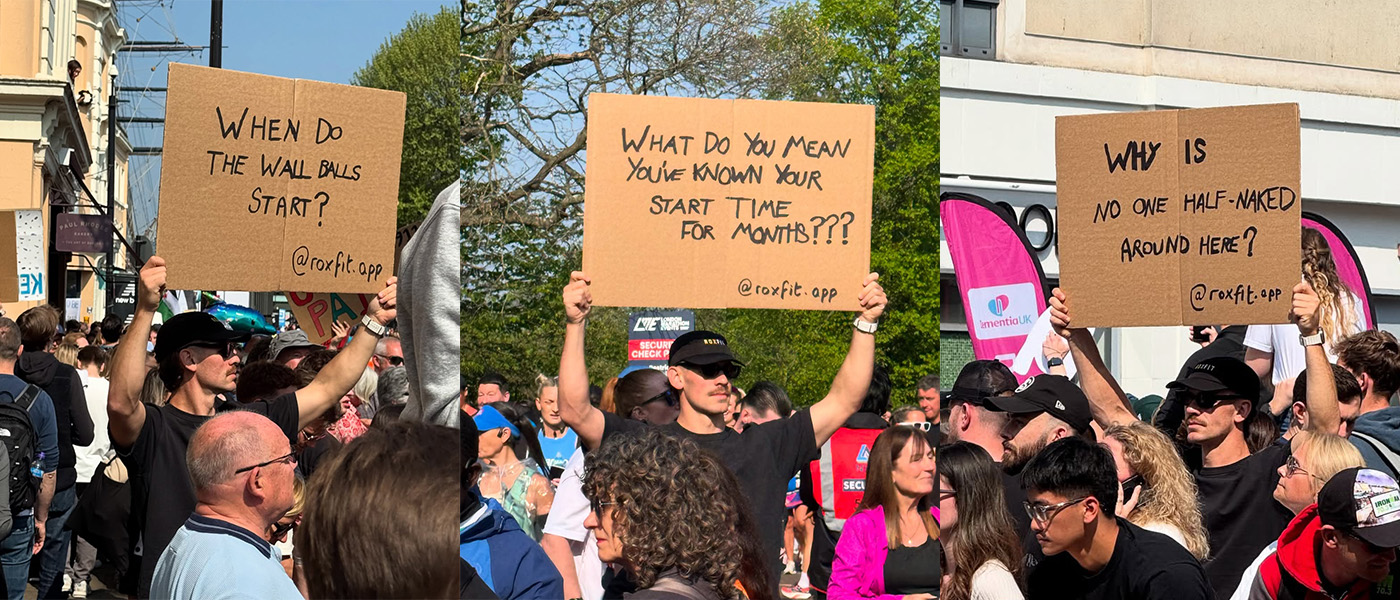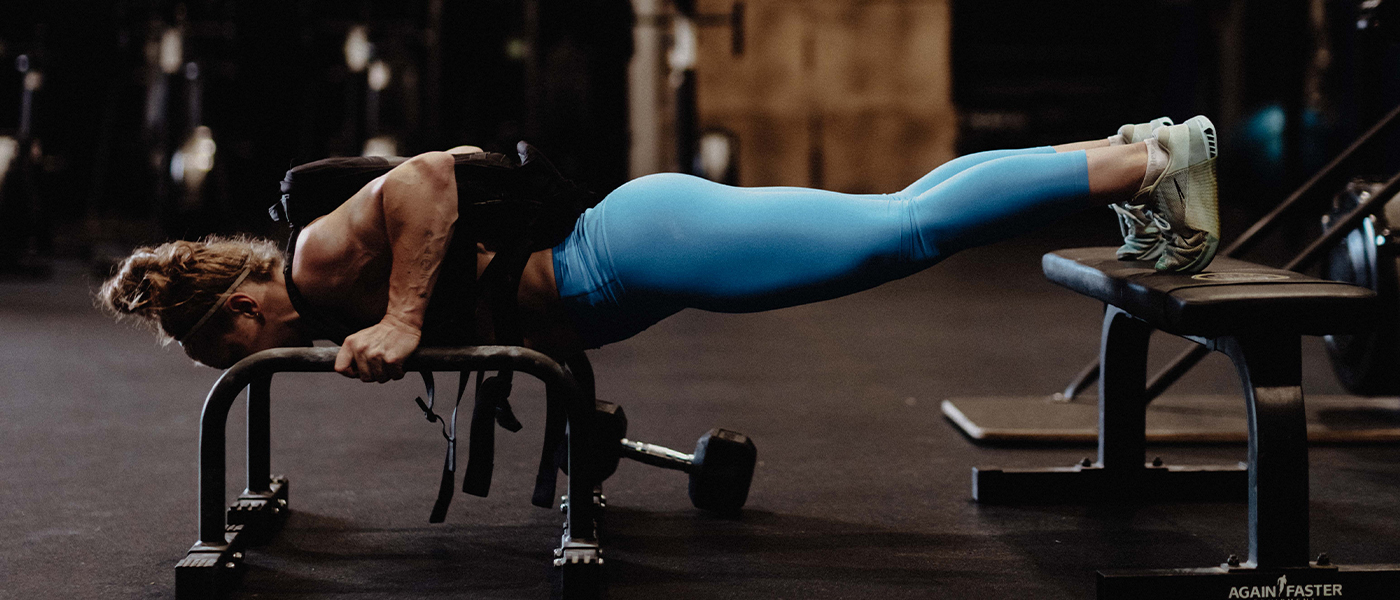On balancing travel, training, and life outside competition
well.being: You’re working on a book at the moment, but you’re still competing too?
Khan Porter: Yeah, still competing. I’m also working with clients a couple of days a week, but there’s been a lot of travel. Right now, I’m staying with my mate Jordi and his mum in The States. They’re lovely, but it means I’m on their schedule a lot, driving and helping out. I drove from Las Vegas to LA yesterday. So, it hasn’t exactly been a relaxing holiday.

From bipolar misdiagnosis to ADHD clarity
w.b: Let’s move away from the standard 'athlete' story. I’m more interested in your mental health journey. At one point you were told you had bipolar?
KP: Yeah, though that was years before. I was first diagnosed with ADHD in 2017, two years after being misdiagnosed with bipolar. That diagnosis finally clicked a lot of things into place.
Back in 2014–15, I was really unwell. People encouraged me to see someone, so I went to a GP who specialised in mental health. I’d read about bipolar, thought it fit, and told him so. Within 15 minutes he agreed, prescribed heavy medication, and sent me to a psychologist.
The meds wrecked me. I remember once I had to pull over and sleep in my car because I literally couldn’t stay awake. I was also training for Regionals in 2015, which I ended up winning. But the meds were unbearable.
When I pushed back, the GP just said:” “Stick with it, we’ll lower the dose, then build it back up.” It wasn’t questioned whether the diagnosis was wrong.
In 2017 I finally saw a psychiatrist. He was shocked I’d been diagnosed by a GP in 15 minutes. After a proper assessment, he told me: “You don’t have bipolar. You should do an ADHD test.” Sure enough, it fit. That diagnosis explained so much.
The challenge of accessing ADHD support
w.b: These days, ADHD seems to be everywhere on social media…
KP: Yeah, and that’s part of the problem. ADHD has become “trendy,” and now support is expensive and hard to access. Clinics charge thousands for assessments. In Australia, only certain doctors can prescribe medication, and even then, there’s a shortage.
Unless I find a clinic that recognises my original paperwork, I’m stuck managing without meds. And honestly, I never liked them much anyway. They killed my appetite, made it hard to sleep, and impacted my training.
ADHD and how it helped his CrossFit
w.b: Looking back, do you see ADHD traits shaping your sporting career?
KP: Absolutely. The variety in CrossFit suited me perfectly. Before that, I bounced between jobs and got bored easily — journalism, writing, a few other things. Then I found CrossFit.
I could hyper-focus on learning every aspect of it. I’d watch videos, film myself and analyse my training. I was mostly self-taught. That ADHD tendency to hyper-fixate, plus the potential for a career in the sport and on social media, pushed me to go all in. Without CrossFit, I probably would’ve drifted through my 20s.
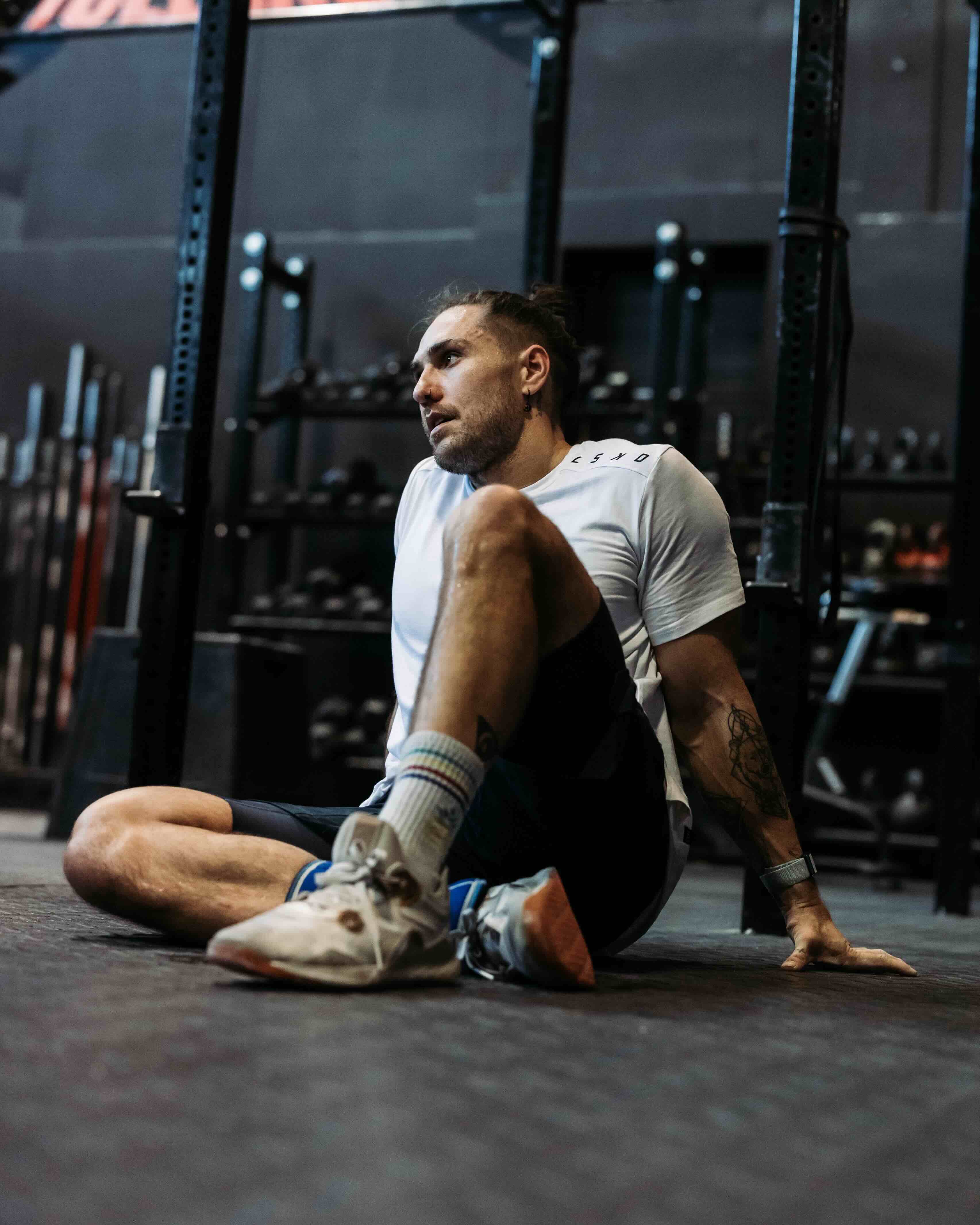
Training for life outside sport
w.b: And the constant variation kept you engaged?
KP: Yes and no. Early on, CrossFit felt more random and exciting. Now it’s structured, with repetitive strength training and long sessions. These days, training is more about balance. It gives me a physical outlet that complements the cerebral work I do as a counsellor.
w.b: How do you balance competing with building your counselling career?
KP: Routine helps. I’ve scaled training back to once a day — 60 to 120 minutes — so I stay fit without it dominating my schedule. Then I focus on two main priorities: being the best therapist I can be, and building my brand through writing, speaking, and content.
I approach it like an athlete: set priorities, treat non-negotiables as training sessions, and build everything else around them.
The advice he’d give his younger self
w.b: If you could give some advice to yourself 10 years ago, what would it be?
KP: As an athlete: Go all in earlier. I only fully committed at 32, when I moved to Iceland to join a team with some super-human athletes and had no choice as I had to keep up . If I’d done that at 25, I might have had an even greater career. But maybe I wouldn’t trade the life experiences I had.
As a person: Figure out who you are. Not who you think you should be, or who others want you to be. But who you actually are. That’s the foundation for everything. When you know yourself, you can handle challenges, ignore noise, and live authentically.
w.b: Perfect way to end. Thanks so much, Khan.
KP: Always a pleasure. Enjoy your dinner.
w.b: And you enjoy the sunny LA morning.
KP: Cheers, bro. Speak soon.

